

Master of Business Administration in Data Analytics
Based on 21,501+ reviews | 650,000+ learners
Our Alumni Work At:
Our learners occupy top positions in companies across industries and some of the world’s best-known firms

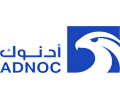







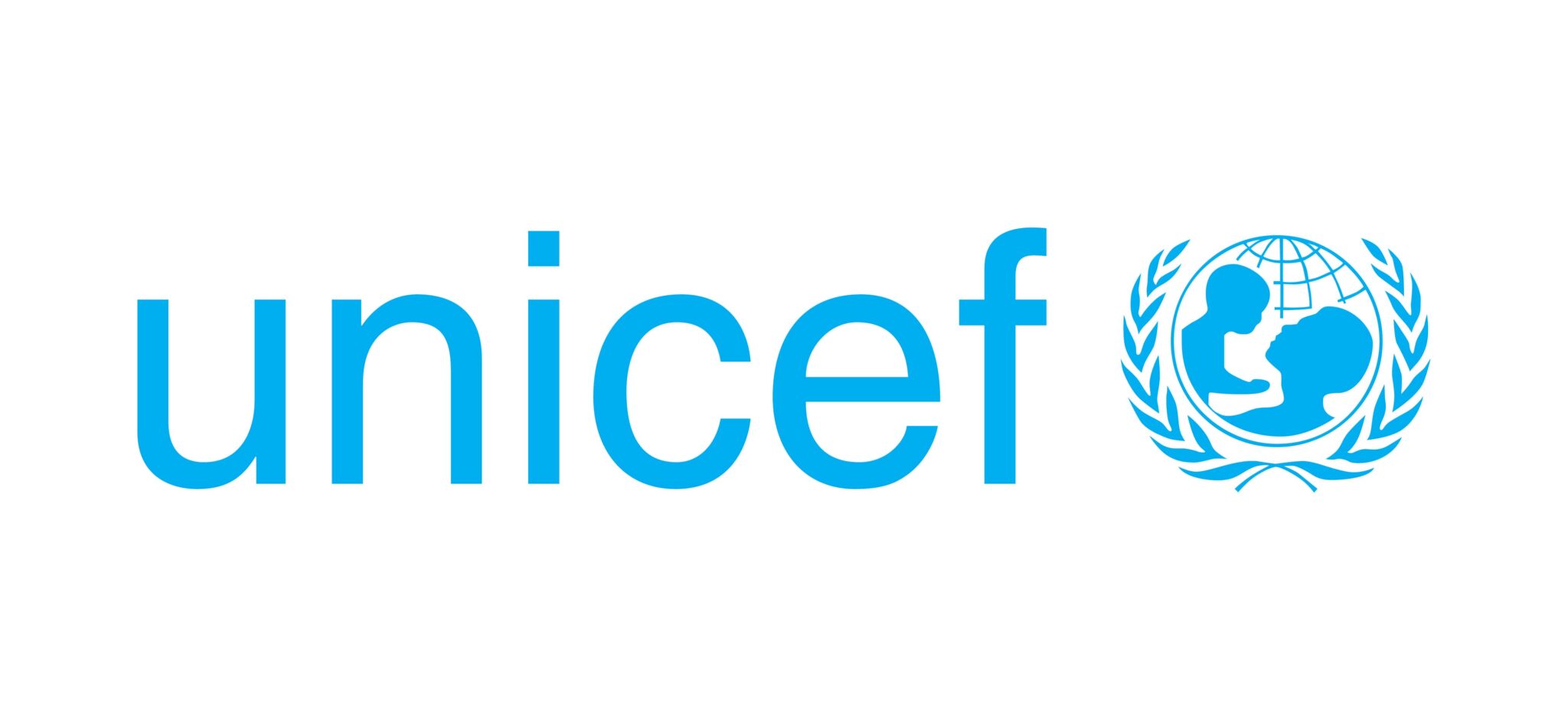
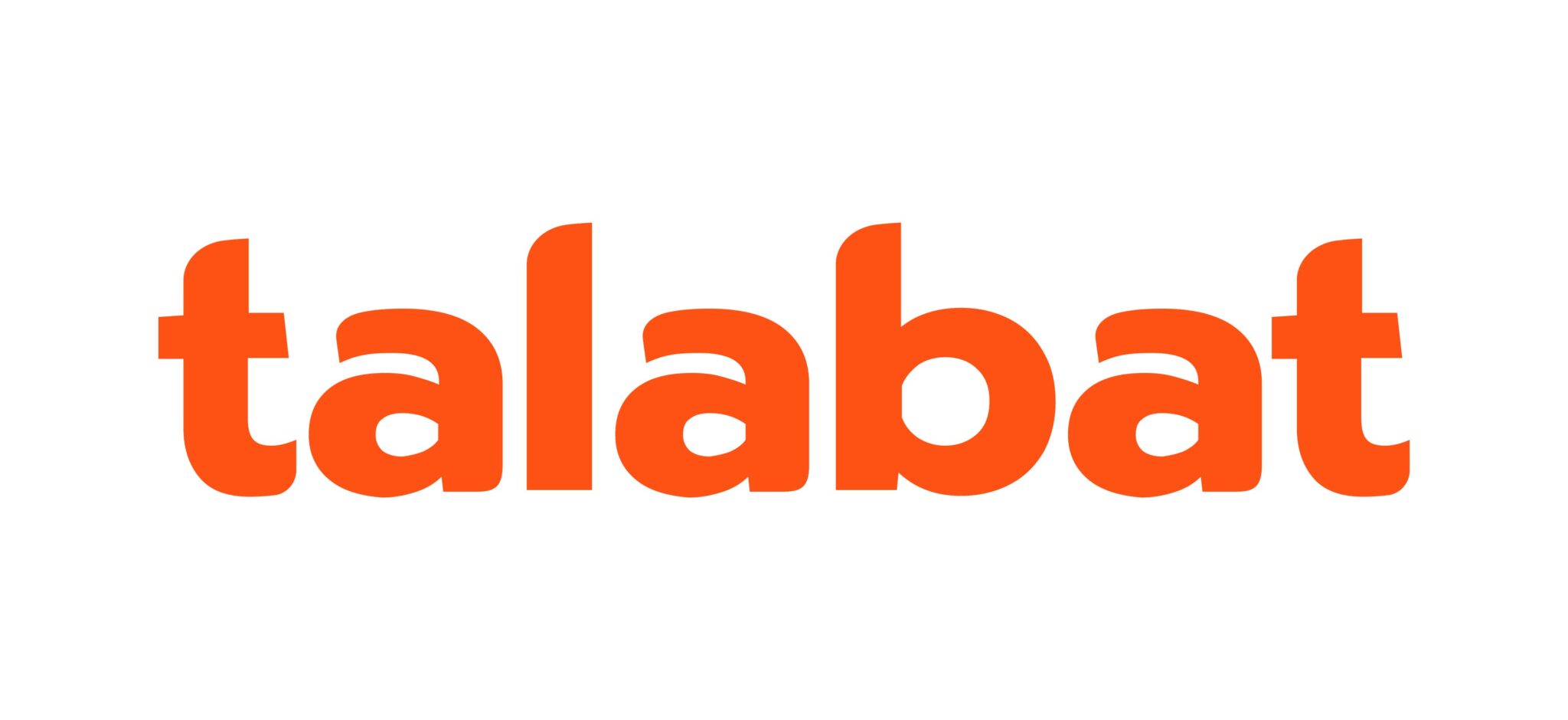
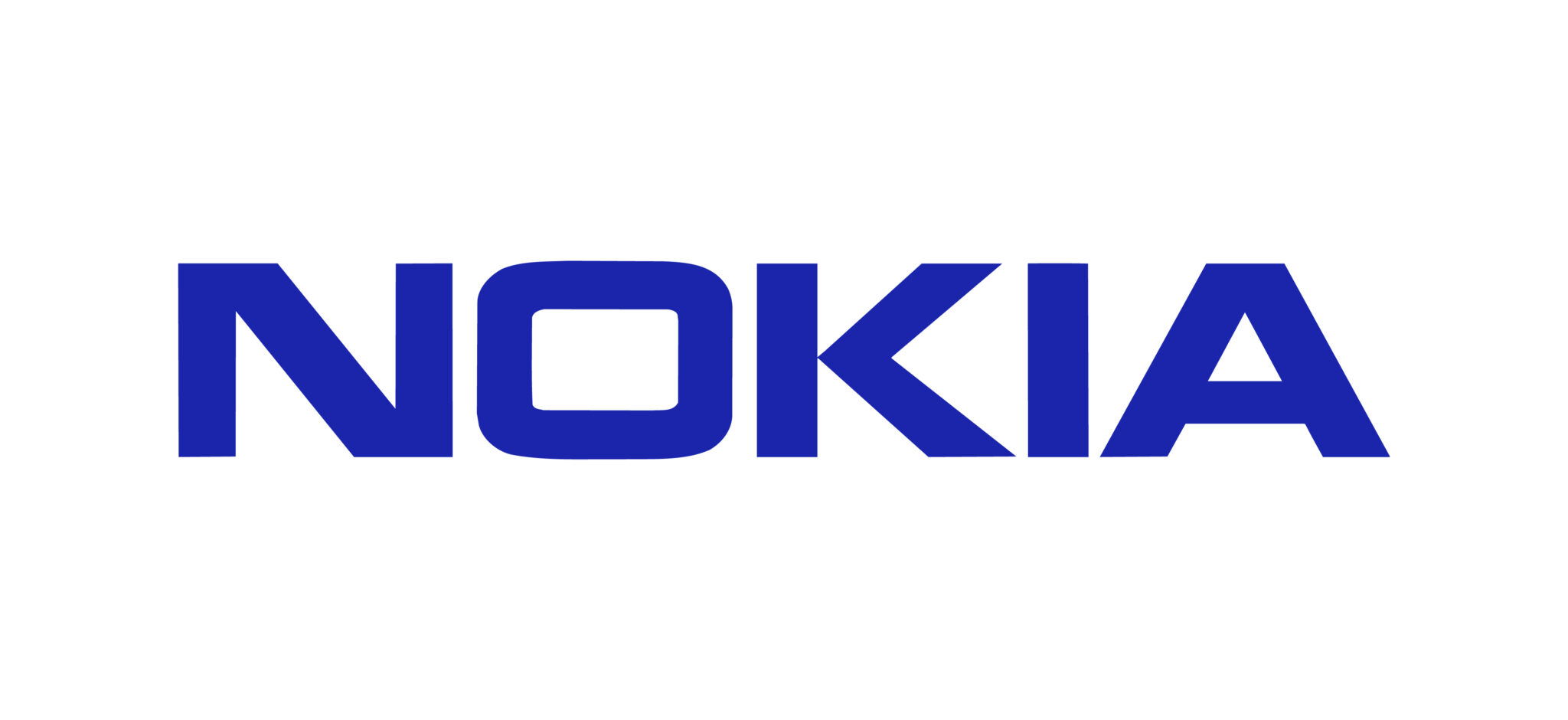

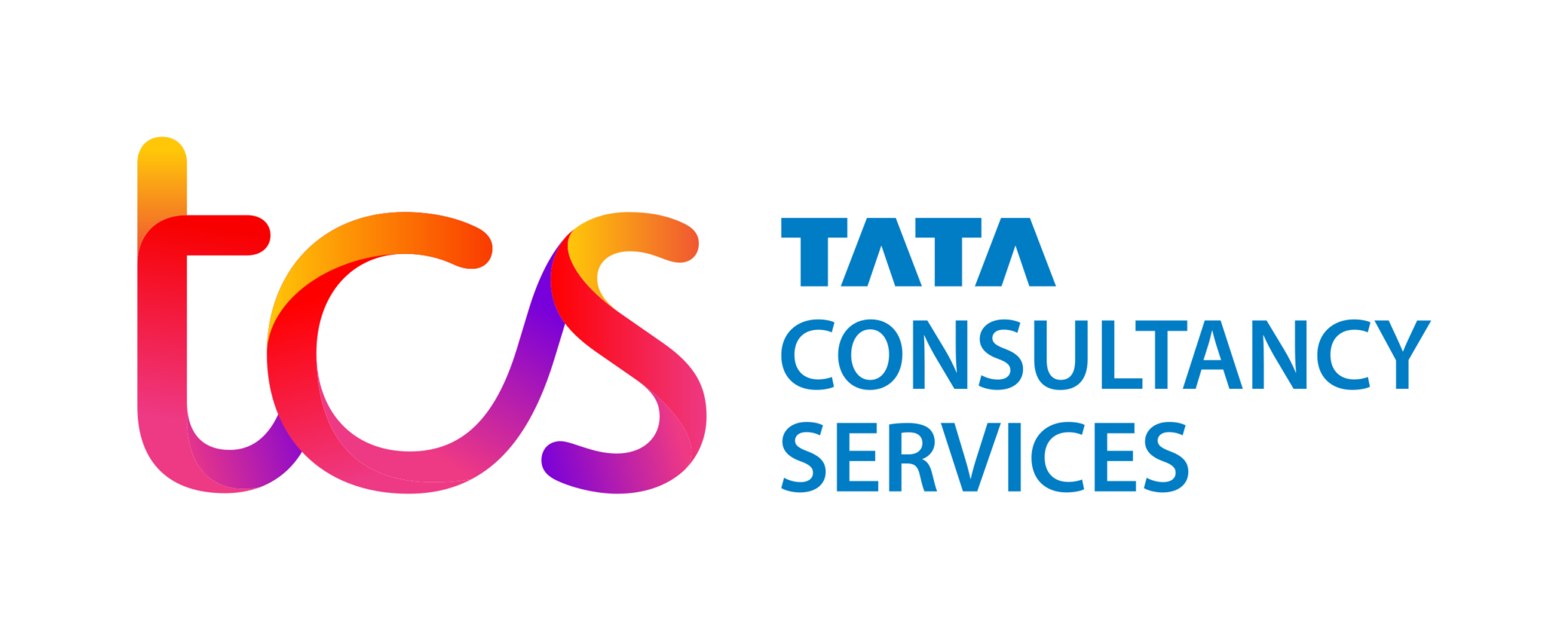



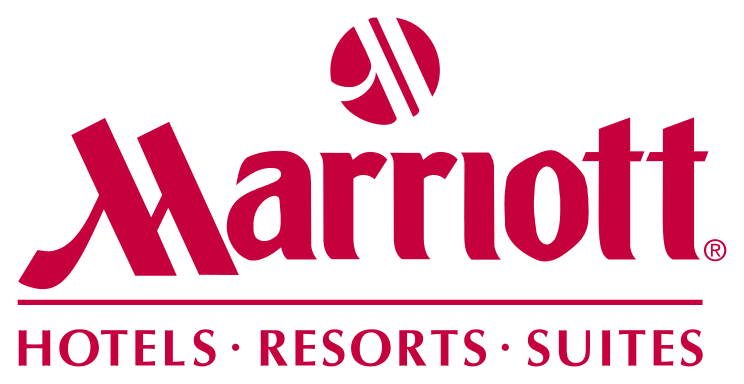
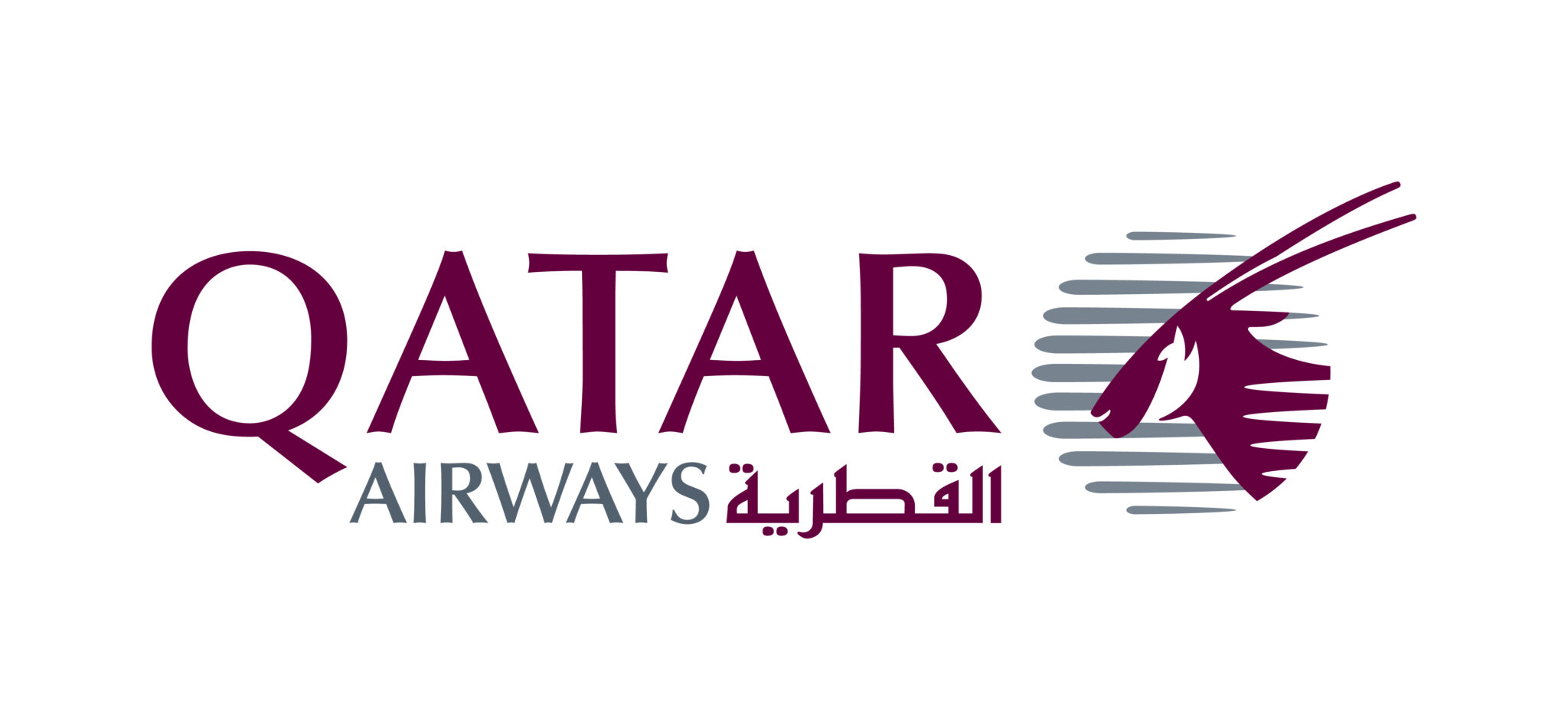
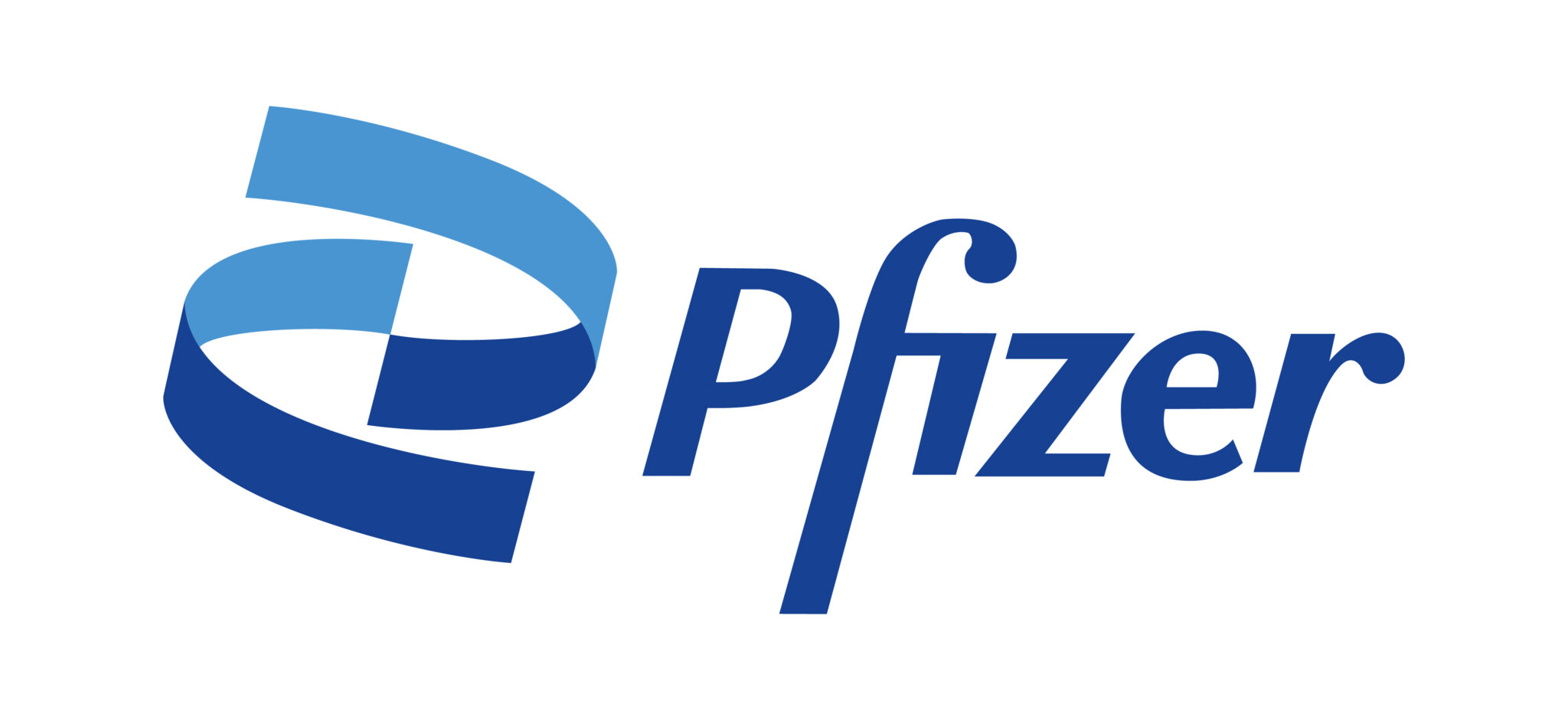
98.2%
Completion Rate
91.2%
Course Pass Rate
95%
Submission Rate
88%
Student Satisfaction
Speak to our Admission Team
Program Overview
The MBA in Data Analytics program is designed to provide students with a comprehensive understanding of data analytics and its application in business contexts. The program consists of core modules covering essential business knowledge and skills and specialisation modules focused on data analytics.
Upon completing the program, students will have the knowledge and skills to apply data analytics effectively in business settings. They will be able to analyse data, make data-driven decisions, and leverage technology and software solutions for business intelligence. Graduates will be prepared to take on roles such as data analysts, business analysts, or managers in organisations that rely on data-driven strategies.
Overall, the MBA in Data Analytics program provides a comprehensive education that combines core business concepts with specialised knowledge in data analytics, preparing students to thrive in the evolving field of data-driven decision-making.
About Woolf University, Malta
Woolf is an accredited higher education institution in Europe with license number 2019-05. There are 49 countries in the European Higher Education Area (EHEA). Degrees issued in the EHEA are normally automatically recognized between all member countries, but final decisions are always made by the country, EHEA countries use a credit system called ECTS–the European Credit Transfer and Accumulation System.
The ECTS system is the most widely recognized form of accreditation in the world. Degrees with ECTS accreditation are normally automatically recognized by receiving institutions around the world, including Canada and the United States. Woolf issues degrees with ECTS accreditation.
- Woolf degrees are recognized by about 57 countries who are under treaty obligation as signatories to the Lisbon Recognition Convention. The full list of signatory countries can be found on the United Nations website and the Council of Europe website.
- Multiple Education Credential Assessment agencies, like ECE and FIS, have already recognized Woolf master’s degrees as equivalent to US master’s degrees. ECE also determined the Woolf’s accreditation is equivalent to US regional accreditation.
- Woolf has been deemed “a recognized university” for purposes of immigration and citizenship in Canada.
- Woolf is a collegiate higher education institution: all constituent member colleges benefit equally from Woolf’s accreditation and have the power to enrol students in their college degrees.
- Woolf is listed on the EU’s Europass website. Click here to search for other Woolf degrees.
Entry Requirements
Entry Requirements
Applicants must have attained the following qualifications:
- Bachelor’s Degree from a recognized University
- Mature Entry Route based on work experience (minimum 5 years)
Documents Needed
- Duly filled application form
- Academic documents
- Resume
- A copy of your passport
- A photograph
Learning Outcomes
Live & interactive lectures by expert faculties
Recorded session for offline viewing
World-class curriculum by eminent faculty
Regular webinars by industry leaders
Assignments for module assessments
Easy-to-use LMS accessible anywhere
Online library to further enhance your knowledge
Dissertation on your area of research work
Program Details
Leading People, Teams, And Organisations: Organisational Theory
This module is designed to inform and help the students, gain adequate awareness of the various aspects of teamwork, coordination and leading in the organization. One of the most essential requirements in any organization is the skill to get the work done from the people and be an inspiration that keeps the people going. This course hence covers various aspects of leadership, will discuss the reasons of lack of motivation in the team and tips for communicating and leading in a way that the employees are not only inspired but remain engaged in the organization. The learners will also gain in-depth insights about cooperation and various cultural value orientations.
Learning Outcomes
LO1: Critically review and analyse the framework of leadership and consider the nature, strengths, and weaknesses of the various approaches: traits; functional; behavioural; style; contingency. The continuum of leadership behaviour should be explored in some depth with consideration of the factors determining the chosen leadership style.
LO2: Define “cooperation” and discuss the concept of cultural value orientations.
Business Leadership And Strategy
The core concepts that have been covered up in this module relate to the strategical aspects of the company. The learners will be able to understand about the strategic management and various skills that are required by a leader or the top-level management in order to attain the vision and mission of the firm. This module is focused giving enough knowledge to the learners about the strategy formulation and implementation process. Furthermore, it is also focused on various changes that an organization can bring in based on the current market situations. These changes are inevitable and hence the module will prepare the learner with choosing the right types of leaders to implement right strategies in the times of changes.
Learning Outcomes
LO1: Define “Strategic Management” and discuss how knowledge and skills in leadership and strategic management support the creation and achievement of organisational vision and strategy.
LO2: Evaluate the significance of strategy when initiating effective change management in an organisation. Furthermore, analyse the impact of strategy on leadership and human behaviour in the organisation.
Effective Managerial Communication
The module has been structured to make the learners aware about the concept of communication in the workplace. The only thing that connects one person with the other is the communication. Verbal or non-verbal, it is the communication that helps people comprehend the objective or agenda of the conversation. As simple as the concept looks, when the communication becomes a part of professional outlook, it has to be understood very clearly. Hence, the main focus of this module will be to uncover the details about workplace communication, its modes, and barriers. Following the understanding of the basics of the concept, the learners will be made aware about the organizational structures and different management styles and its link with the organizational communication. Lastly, the module will be completed by enlightening the learners about the technology and its influence on managing the workplace communication effectively.
Learning Outcomes
LO1: Define Managerial communication. Critically evaluate the effectiveness of communication within an organisation by reviewing the principles and barriers in workplace communication.
LO2: Analyse different models of workplace communication and review the impact of organizational structures and leaders on the workplace communications. Discuss the type and influence of technological advancement in managerial communication.
Technology And Operations Management
Technology and Operations Management provides a comprehensive overview of technology utilization to drive a competitive advantage for company operations. Learners explore various technology solutions for business process automation, including value proposition analysis across organization functions.
You’ll also analyze how technology can be leveraged to improve product development during the four lifecycle phases. The course provides a detailed overview of the impact of technology on various operating models such as manufacturing, supply chain management, customer-facing, product development, and support functions (e.g., HR and finance).
Learning Outcomes
LO1: Analyse the various tools, techniques and apply suitable tools and techniques in different alternative scenarios of Operations Management
LO2: Demonstrate operations strategy in a domestic and global context and evaluate how the use of technology has impacted operational functions.
Evidence - Based Decision Making
This course offers you a basic introduction to postgraduate research to understand how evidence is used for decision-making. By exploring scholarly literature you will become familiar with the objectives and importance of quality research, and the methods of data collection using descriptive statistics and processes involved in carrying it out. Understanding research and the processes involved in conducting, designing, reporting, interpreting, and evaluating research is of paramount importance to success in postgraduate study.
Learning Outcomes
LO1: Understand how to critically analyze business data in an organizational decision-making context.
LO2 Demonstrates an ability to produce appropriate graphical and numerical descriptive statistics for different data types and use it for decision-making.
Supply Chain Management
This module supports strategic decision makers and operational managers in international and domestic markets to manage successful logistics across their business. It demonstrates the concepts of supply chain in detail and helps in exploring the relationship of the same with the business objectives. Logistics and procurement which are the crucial area of any business firm, are also understood through the learnings of this module. This course will give the learners an opportunity to gain a detailed outlook on various logistics drivers and the ways in which companies can make their supply chain a factor of competitive advantage.
Learning Outcomes
LO1: Understand the relationship between supply chain management and organizational business objectives.
LO2: Understand the role of logistics and procurement in supply chain management.
Strategic Economics
The Economics course explores basic economic principles (theories and applications) that are relevant to the business core in the MBA program. This course is about learning to think like an economist and amassing the tools necessary to do so, including the study of microeconomics and macroeconomics.
Course objectives are to learn the determinants of market demand and supply and how economists model markets; to examine production and cost analysis; to learn how firms manage in competitive and monopolistic environments; to study strategic firm behavior, including basic game theory, entry and deterrence, collusion and cooperation, and bargaining; to develop an understanding of information, auctions, and incentives; to analyze gross domestic product and its components as well as monetary policy and the supply and demand for money; and to provide a strong foundation for understanding the business cycle.
Learning Outcomes
LO1: Critically analyze the knowledge economy and the various drivers of economic changes which impacts business activities.
LO2: Demonstrate how macroeconomic and microeconomic objectives impact business growth.
Integrative And Strategic Thinking
This collection of stackable topics introduces the fundamental principles of modern strategic thinking and the basic tools of strategic analysis, building your capability to outline a meaningful future direction for an organization. Recognizing the nature of organizations as complex open systems, this course offers an integrative, practical perspective on strategic thinking and puts forward a view of Strategic Management as guided emergence.
Learning Outcomes
LO1: Evaluate the role and contribution of the integrative thinking approach in leadership.
LO2: Analyze the role of strategic thinking in strategic management to critically evaluate the relationship between strategy, stakeholder expectations and organizational performance
Working With Others
This module is a critical module to for the learners to explore the concepts of human resource in the company. Any organization can work effectively and efficiently when the people in the company are working in harmony and utilizing their team management skills. Since globalization, the world has become a smaller place where people can easily cross the national borders and move to international borders to gain more experience and grow more. The content of this module will hence highlight the international human resource management concept. A part of this content is focused on the core role of the human resource management department which is monitoring and supporting the workforce. This course will be termed as fully completed as and when the learner will understand the importance of motivation by learning different types of motivation and the time to use them to solve the issues in the organization especially the international organizations.
Learning Outcomes
LO1: Discuss IHRM. Identify some of the key HRM challenges facing organisations working internationally with diversified workforce.
LO2: Analyse the ways in which organizations monitor and support people in the workplace. Demonstrate an understanding of importance of motivation within groups and teams. Further exploring the types of motivation and using motivation to solve problems.
Ethical Issues For Managers
Today’s managers must necessarily concern themselves with ethical issues because unethical behavior creates legal risks and damage to businesses as well as employees and consumers. Business ethics have become an integral part of business education in general. A student or manager who is well-versed in ethical behavior in practices, not only in the domestic market but internationally, will find him or herself better prepared to deal with issues or situations that may arise that don’t always involve easy answers or decisions. This course introduces the importance of ethics in business. Students focus on the significance of ethics to stakeholders; examine who bears responsibility for monitoring ethics; and explore ethical situations common in organizations.
Learning Outcomes
LO1: Understand and evaluate business ethics theory & corporate social responsibility of various organizations and its influences on ethical decisions.
LO2: Critically evaluate the issues in business ethics and their potential effect on personal, managerial, and corporate decisions in the global context.
Specialization Pathway
Application Of Analytics In Business
The current business world is characterized by the explosion of data available to organizations. Many companies collect this data from different sources and under different structures. While many organizations do not know what to do with this potential gold mine of information, the most successful companies are those who are taking advantage of this data to make the right managerial decisions.
Learning Outcomes
LO1:Apply principles and skills of economics, marketing, and decision making to contexts and environments in data science.
LO2: Build and enhance business intelligence capabilities by adapting the appropriate technology and software solutions.
LO3: Analyze legal and ethical principles applied to contexts and environments of data science and decision making.
LO4: Design tested and effective advanced analytics models and simulations for decision making.
Essentials Of Business Analytics
Business Analytics is an interdisciplinary field that combines data science with business, economics and management. Business analytics deals with the collection, processing and analysis of data as well as the development of explanatory, predictive and normative models to support decisions and solve problems.
Learning Outcomes
LO1. Demonstrate an understanding of business analytics’ basic concepts and principles and its importance in organizations.
LO2 Develop an ability to produce appropriate graphical and numerical descriptive statistics for different data types and use it for decision-making.
LO3. Formulate an awareness of the benefits and pitfalls of analytics in different business domains such as marketing, supply chain, human resources, etc.
LO4. Analyze and use appropriate models of data analysis to solve hidden solutions to business-related challenges.
Data Analytics In Business Processes
This course will expose you to the data analytics practices executed in the business world. We will explore such key areas as the analytical process, how data is created, stored, accessed, and how the organization works with data and creates the environment in which analytics can flourish.
What you learn in this course will give you a strong foundation in all the areas that support analytics and will help you to better position yourself for success within your organization. You’ll develop skills and a perspective that will make you more productive faster and allow you to become an asset to your organization.
This course also provides a basis for going deeper into advanced investigative and computational methods, which you have an opportunity to explore in future courses of Data Analytics for Business specialization.
Learning Outcomes
LO1: Demonstrate an understanding of the principles of business analytics.
LO2: Apply statistical analysis and machine learning techniques to identify patterns in the data and build predictive models.
LO3: Application of data visualization techniques to arrive at sound business decisions. LO4: Estimate the financial, operational, and ethical consequence of a data-driven solution developed in structured or unstructured and ambiguous situations.
Our Testimonial
AfriCred made my dreams come true! As a Nigerian student, securing an education loan for overseas studies seemed like an impossible task. But AfriCred stepped in and not only secured the loan but also efficiently processed my tuition fees. Their expertise and dedication turned my dream of studying abroad into a reality. I am forever grateful for their support!

Oluwaseun A
AfriCred is a game-changer for Nigerian students aspiring to study overseas. They understood the financial challenges we face and helped me secure an education loan with ease. Their guidance and assistance in processing tuition fees streamlined the entire process. Thanks to AfriCred, I am now pursuing my dream education abroad!

Temi O
I can't express how thankful I am to AfriCred. As a Nigerian student, I faced many obstacles when it came to funding my overseas education. AfriCred not only secured a tailored education loan for me but also made the tuition fee process incredibly smooth. They are true education financiers and have changed my life for the better!

Chinedu N
AfriCred is a lifeline for Nigerian students seeking higher education abroad. Their dedication and expertise in securing education loans and handling tuition fees are commendable. Thanks to AfriCred, I am now living my dream of studying overseas. I highly recommend their services to every aspiring international student!

Adesua E
AfriCred turned my overseas education dreams into a reality! Their commitment to helping Nigerian students like me secure education loans and simplifying the tuition fee process is unparalleled. I can't thank them enough for their unwavering support and guidance. AfriCred is a blessing for all of us!

